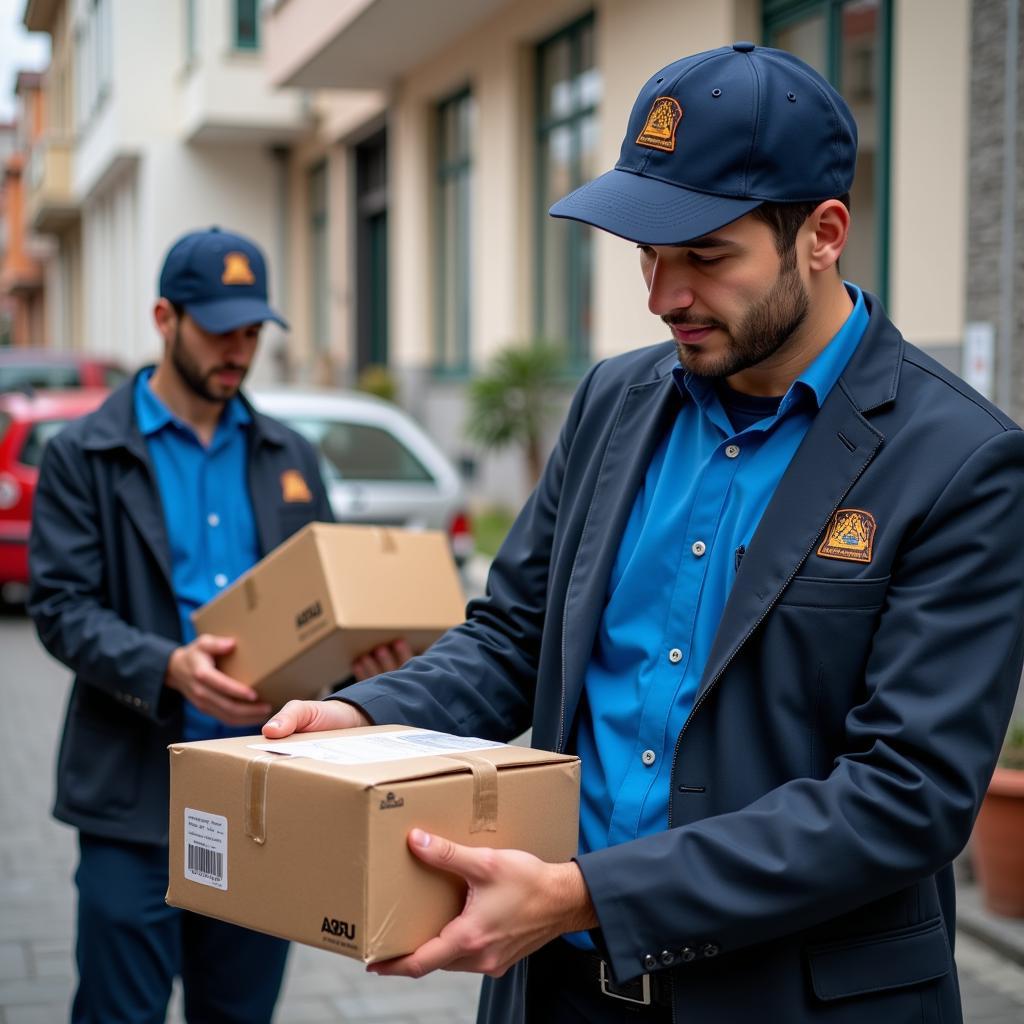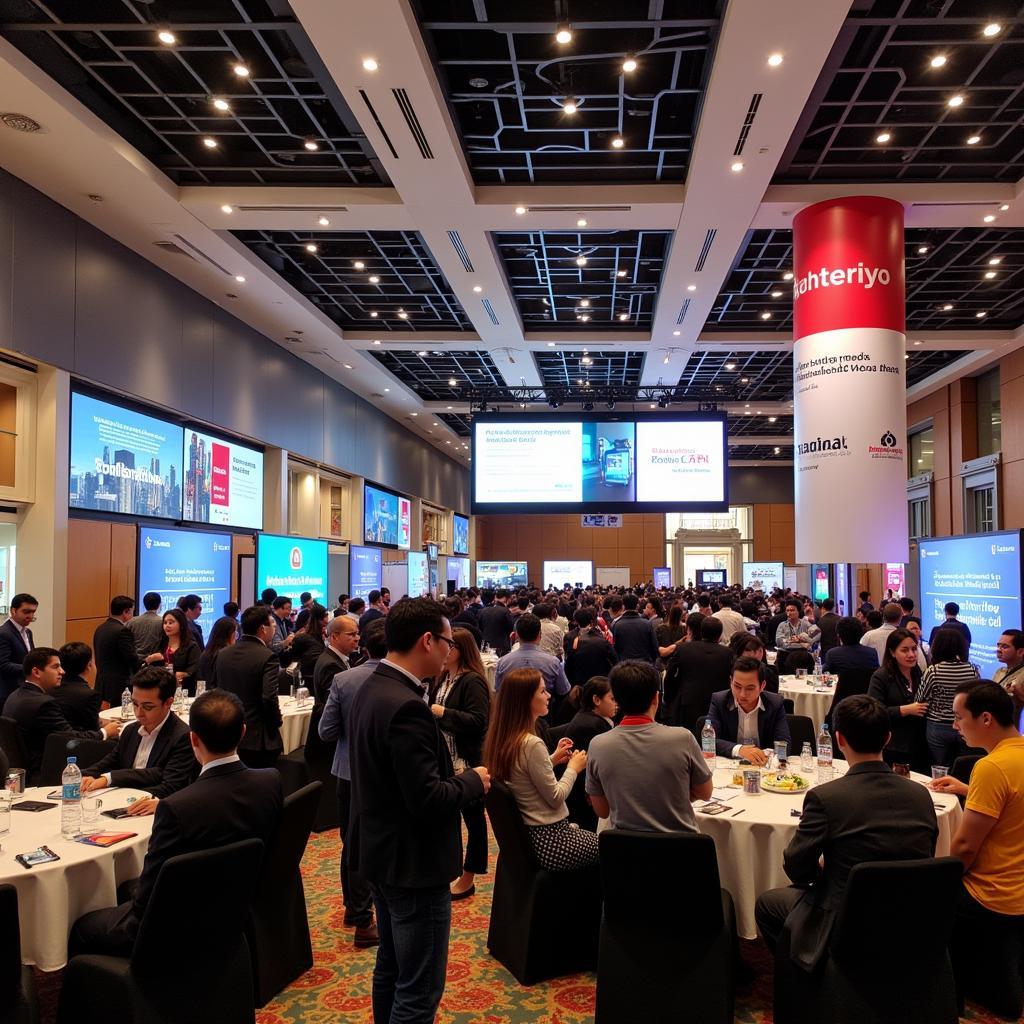Navigating the regulations surrounding refrigerants like R134a can be tricky, especially within the diverse landscape of Southeast Asia. Understanding the “ASEAN license to buy R134a freon” requires a closer look at individual country regulations within the ASEAN bloc. This article provides valuable information regarding the acquisition and usage of R134a refrigerant within the ASEAN region, focusing on licensing and best practices.
Understanding R134a and Its Regulations in ASEAN
R134a (1,1,1,2-Tetrafluoroethane) has been a popular refrigerant for years, primarily used in automotive air conditioning and some refrigeration systems. However, its high Global Warming Potential (GWP) has led to phasing it out under international agreements like the Montreal Protocol and its amendments, including the Kigali Amendment. This global shift towards more environmentally friendly refrigerants impacts ASEAN member states, influencing their respective regulations regarding the import, sale, and use of R134a. Therefore, an “ASEAN license” doesn’t exist in a unified sense. Each country has its own specific rules.
Navigating Country-Specific Regulations
While there isn’t a single “ASEAN license,” most member states have adopted control measures for R134a. These measures often involve licensing, quotas, or certifications for businesses handling refrigerants. For example, some countries require companies importing or distributing R134a to obtain specific permits or register with relevant environmental agencies. Others might implement quotas on the amount of R134a that can be imported annually.
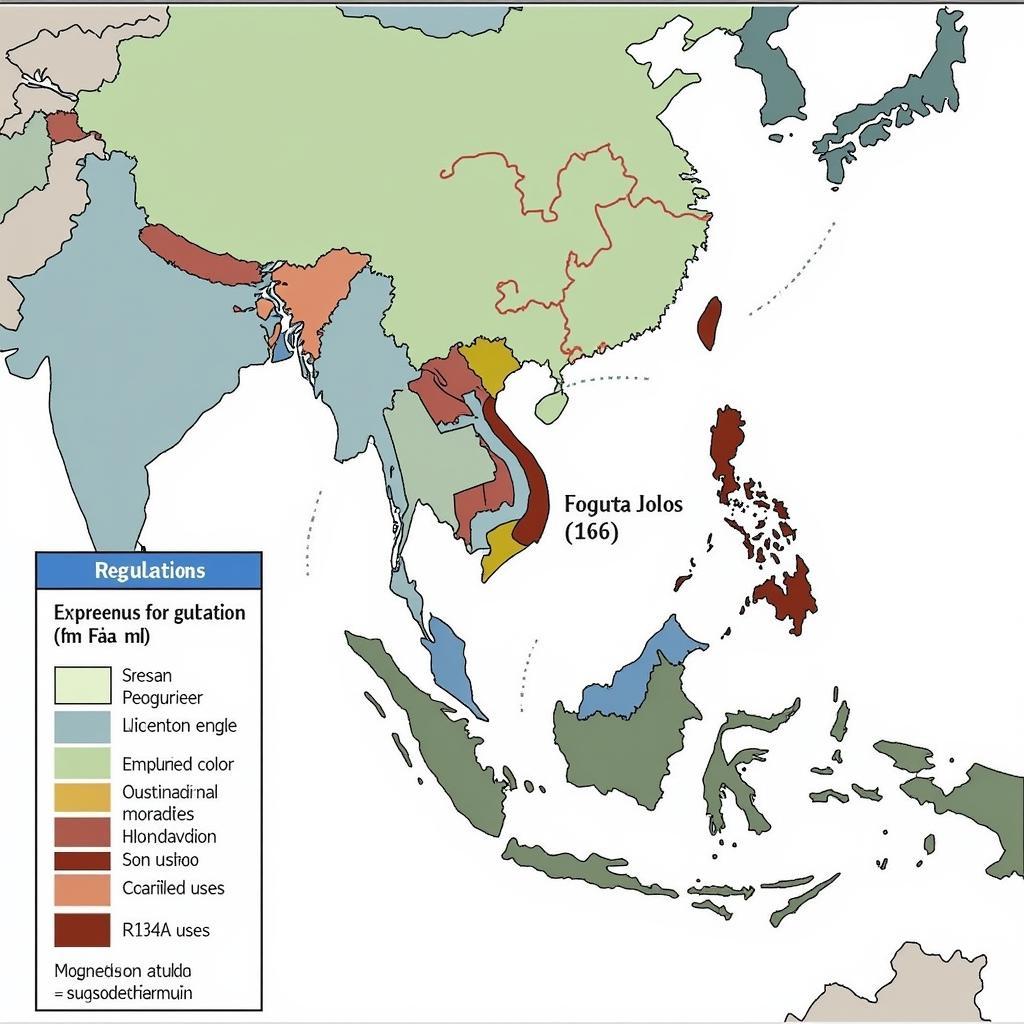 ASEAN R134a Regulations Map
ASEAN R134a Regulations Map
Furthermore, regulations might also dictate the types of equipment that can use R134a, promoting the adoption of newer, more eco-friendly alternatives. It’s crucial for businesses operating within the ASEAN region to research and understand the specific requirements of each country they operate in to ensure compliance and avoid penalties.
The Importance of Proper Handling and Recovery
Beyond licensing, proper handling, recovery, and recycling of R134a are essential. These practices minimize environmental impact and align with the global push for sustainable refrigerant management. Most ASEAN countries encourage or mandate the use of certified technicians for handling R134a and require specific equipment for recovery and recycling.
Finding Information on Specific ASEAN Member State Regulations
The best approach to determine the specific requirements for handling R134a in a particular ASEAN country is to consult official government resources. Environmental ministries or agencies responsible for ozone-depleting substances and refrigerants are good starting points. Industry associations related to refrigeration and air conditioning can also provide valuable information and guidance.
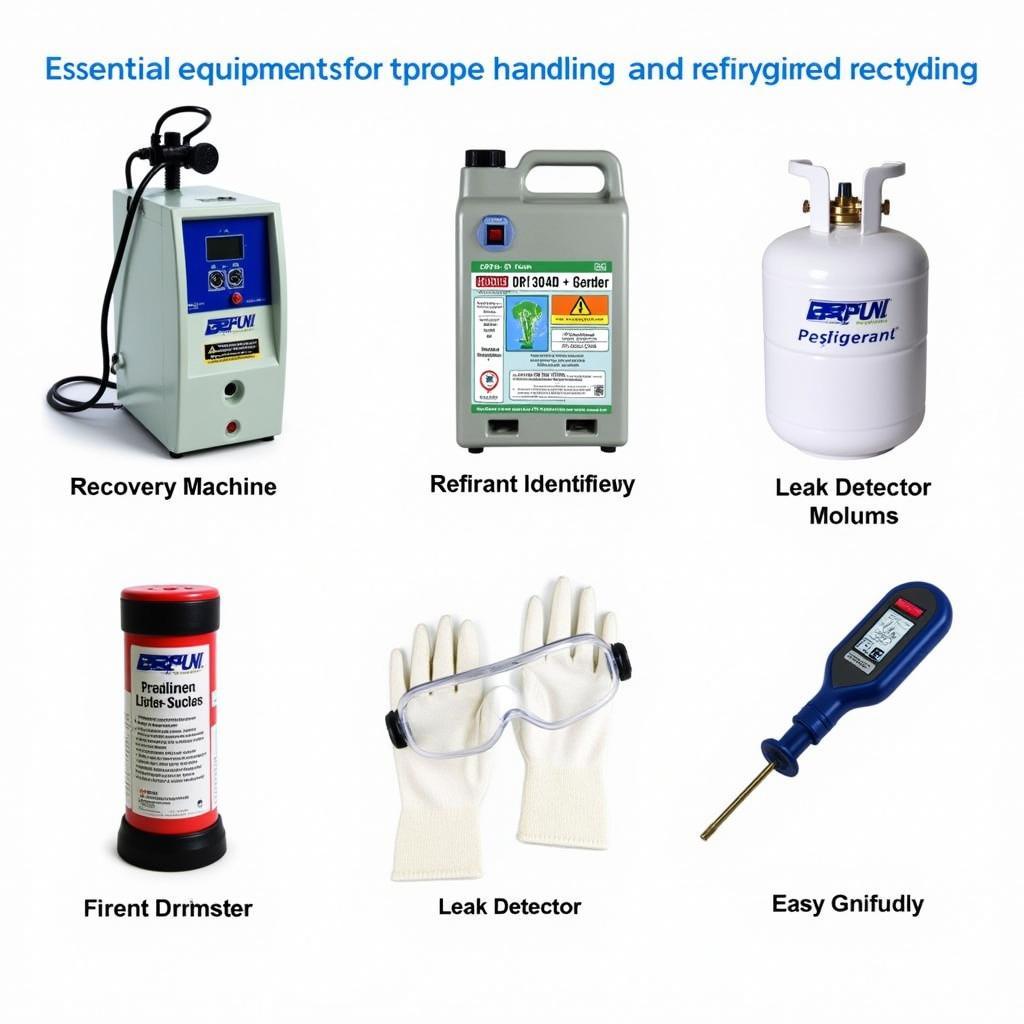 R134a Handling and Recovery Equipment
R134a Handling and Recovery Equipment
“Businesses need to stay proactive in understanding refrigerant regulations. Regulations evolve, and keeping up-to-date is key to compliance and responsible environmental stewardship.” – Dr. Anya Sharma, Environmental Policy Specialist, Southeast Asian Centre for Sustainable Development.
The Future of Refrigerants in ASEAN
The ASEAN region is transitioning towards low-GWP refrigerants. This shift aligns with global efforts to mitigate climate change. While R134a remains in use, its future is limited. Businesses should plan for this transition and consider adopting alternative refrigerants.
Alternatives to R134a
Several alternatives to R134a are available, including HFO-1234yf and HFO-1234ze. These refrigerants have significantly lower GWPs, making them more environmentally friendly. However, they have different properties and require specific handling procedures.
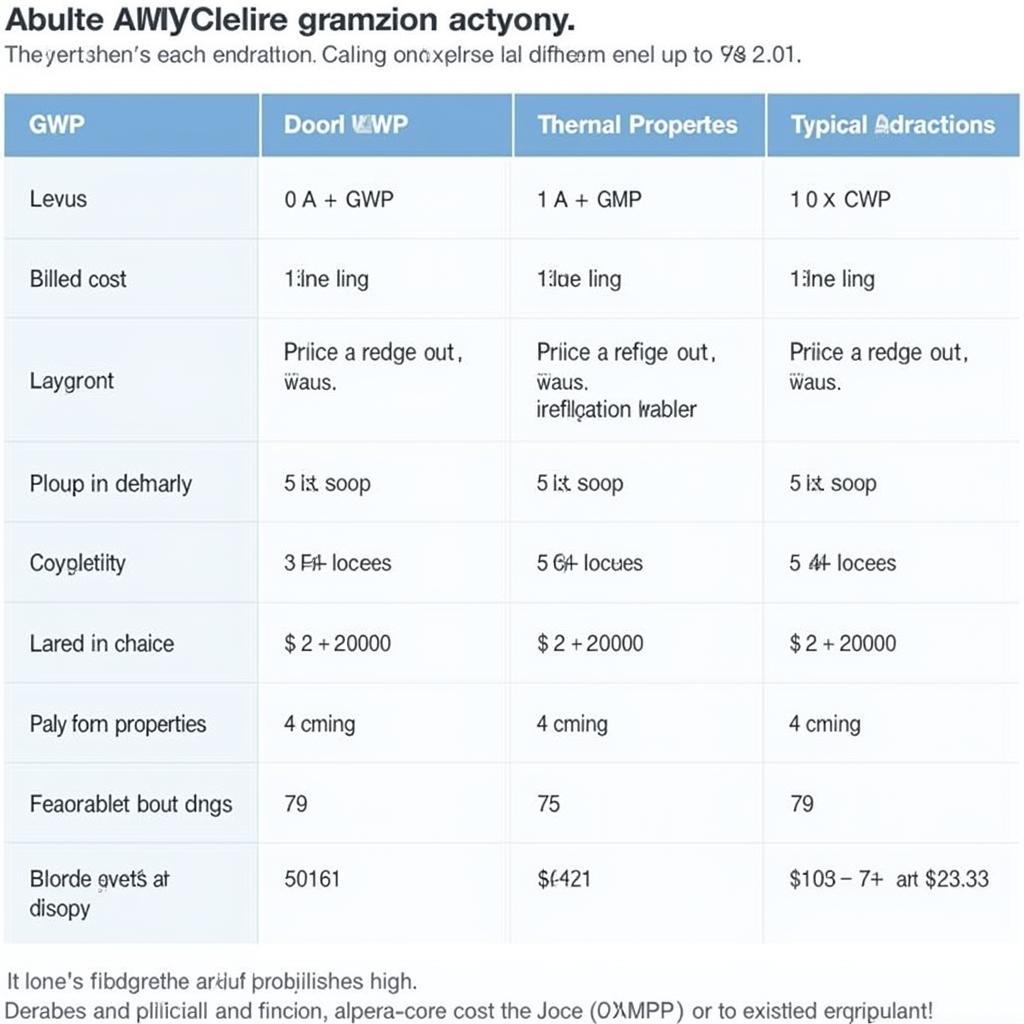 Low-GWP Refrigerant Options Chart
Low-GWP Refrigerant Options Chart
“The transition to low-GWP refrigerants is an opportunity for ASEAN businesses to embrace sustainable practices and contribute to global climate goals. This change requires investment in new technologies and training, but the long-term benefits are undeniable.” – Eng. Budi Santoso, Refrigeration Engineer, Indonesian Society of Refrigeration and Air Conditioning Engineers.
Conclusion
While a universal “ASEAN license to buy R134a freon” doesn’t exist, individual ASEAN member states have implemented regulations concerning the import, sale, and use of R134a. Understanding these country-specific regulations is crucial for compliance and responsible refrigerant management. As the ASEAN region moves towards more environmentally friendly refrigerants, staying informed about the evolving regulatory landscape and adopting sustainable practices are paramount.
FAQ
- Is R134a banned in ASEAN? No, but its use is being phased down.
- Where can I find information on specific country regulations? Consult the relevant environmental ministry or agency in each ASEAN member state.
- What are some alternatives to R134a? HFO-1234yf and HFO-1234ze are common alternatives.
- Are there training programs for handling alternative refrigerants? Yes, many organizations offer training and certification programs.
- What are the penalties for non-compliance with refrigerant regulations? Penalties vary by country and can include fines, license revocation, and even legal action.
- How often are refrigerant regulations updated? Regulations are subject to change, so it’s important to stay informed through official channels.
- Where can I find certified technicians for handling refrigerants? Industry associations and government agencies can often provide lists of certified technicians.
Do you have any other questions about R134a regulations in the ASEAN region? Explore our other articles on sustainable refrigerant management and related topics.
When you need assistance, please contact us: Phone: 0369020373, Email: [email protected] Or visit our address: Ngoc Lien Village, Hiep Hoa, Bac Giang, Vietnam. We have a 24/7 customer service team.
